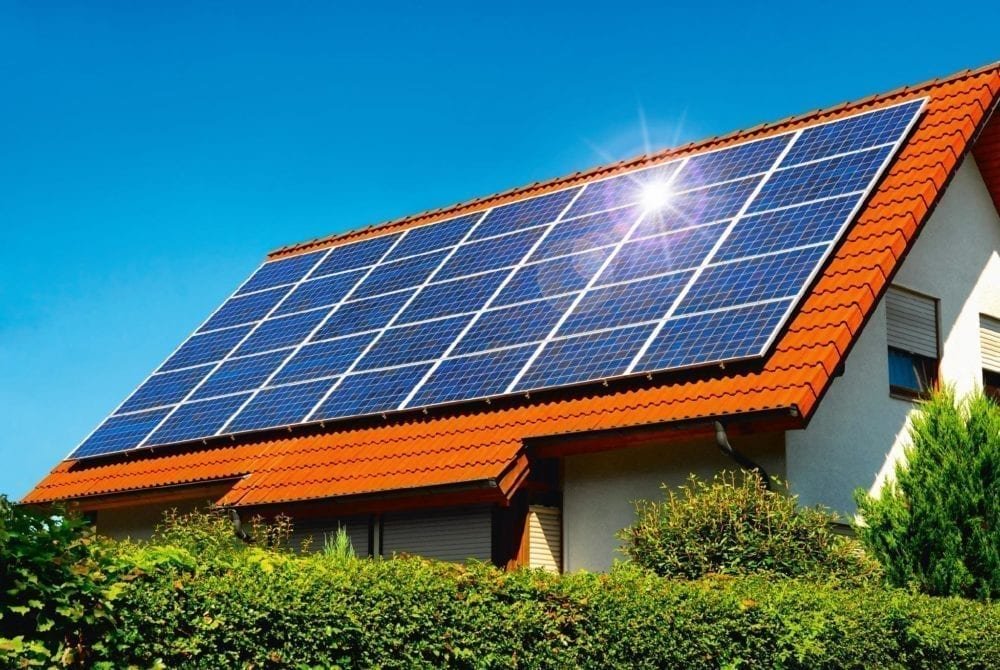Most ‘green’ energy suppliers are not contributing to the UK’s legally binding commitment to net-zero emissions by 2050, Ethical Consumer (EC) has warned.
Releasing its biennial green energy guide, the watchdog has warned eco-conscious consumers not to rely on providers who rely on solely REGO (Ofgem’s Renewable Energy Guarantees Origin) certificates to green their tariffs, without having to produce, or even buy, any renewable electricity.
Researchers investigated, scored and ranked the ethical and environmental record of 20 energy suppliers.
Criteria included looking at the fuels that generate a supplier’s electricity, company ownership, green tariffs, renewable generation, biogas and ‘vegan’ energy, energy prices and UK renewables targets.
‘Green tariffs’ to avoid
According to Ethical Consumer, Shell Energy has ‘the worst green credentials’. It claims to have a 100% renewable tariff, while continuing to funnel 90% of its capital into fossil fuels.
In the ratings scoretable, companies lost half a mark under Climate Change if their fuel mix was over 5% from coal, or less than the national average from renewables (37%).
Shell, EDF, Npower, PFP, Utilita and Utility Warehouse all have a fuel mix with less than the UK average from renewables.
Shell and RWE (15% owner of E.ON) are both being sued by those on the frontline of climate breakdown.
Confusion for consumers
Consumers have less power in the electricity market than in many others – most decisions about electricity are being made at the national level.
If people want to really help tackle climate change, Ethical Consumer advises looking at decarbonising their heating through insulation and looking into heat pumps or maybe solar heating.
As one recent report put it: ‘decarbonisation of heating for the UK’s existing housing stock is possible and can be achieved with average net investment of less than £10,000 per home.’
 Play Video about This Rock Might Just Save The World
Play Video about This Rock Might Just Save The World Play Video about Play 2 hours of rock
Play Video about Play 2 hours of rock Play Video about Play 2 hours of brook
Play Video about Play 2 hours of brook Play Video about Play 2 hours of sheep
Play Video about Play 2 hours of sheep















































